Source: Campus France
To protect yourself and others, it’s important to understand the sanitary measures in place in France.
State of health emergency: restriction of travels and movements
Since October 30, and because of the health situation getting worse, non-essential travels and movements are prohibited, unless in specific cases described on the government website. Have an exempted movement certificate ready in all cases. It is available on the website of the Ministry of the Interior.
Any violation to these rules will be sanctioned.
Masks
In France, wearing a general public mask is mandatory in all public space.
France has enough masks in stock to allow the general public to comply with this measure. The maximum price for surgical masks is now 95 cents by governmental decision. The price for a reusable textile mask is about 5 Euros.
Tests and screenings
In France, virological and serological tests are regularly performed in screening centers. The list of these centres is available on the website www.santé.fr.
You can benefit from screening without a medical prescription, without even showing symptoms.
The virological test (PCR-RT) is fully covered by health insurance. If you have to pay the costs in advance, you will be reimbursed upon presentation of a treatment sheet.
In airports, tests (PCR-RT) performed upon arrival in France are quick and free.
Quarantine
Upon your arrival or during your study stay in France, you may be invited to spend 7 days in quarantine. In this case it is recommended to:
- Stay at home as much as possible
- Limit your time outside to essential needs
- Avoid contact and always wear a mask in the presence of another person
- At home, avoid contact with other people in your residence
- In case you have accommodation in a university residence, inform the host of the quarantine so that cleaning and disinfection measures can be implemented
- In case of symptoms, contact a doctor immediately.
Health measures in higher education institutions
French higher education institutions do everything they can to plan the start of the academic year for students in the strict compliance with health protection rules:
- Specific information broadcasts for students regarding the Covid-19 in precincts and websites
- At least 1 meter of physical distancing
- Wearing a mask is mandatory
- Distance courses implemented
- Improved precincts sterilisation
- Online registration fees payments implemented
- Improved university health services for medical and psychological follow-up for students
- Emergency financial and social assistance
- Assistance for a better access to digital equipment
Protection gestures
To protect yourself and others, it is important to comply with protection gestures:
- Wash your hand regularly or use hand sanitizer
- Cough or sneeze in your elbow or in a disposable tissue
- Blow your nose in a disposable tissue and bin it
- Try not to touch your face, mouth, eyes
- Respect a 1-meter distance with others
- No handshakes or hugs
What to do in case of symptoms?
If you have symptoms (coughing, fever, etc.) in relation with Covid-19:
- Stay at home
- Avoid all contacts
- Call a doctor before attending or call the care duty number or your region. You may also benefit from teleconsultation.
If your symptoms get worse with breathing difficulty and choking symptoms, call the SAMU dialling 15.

